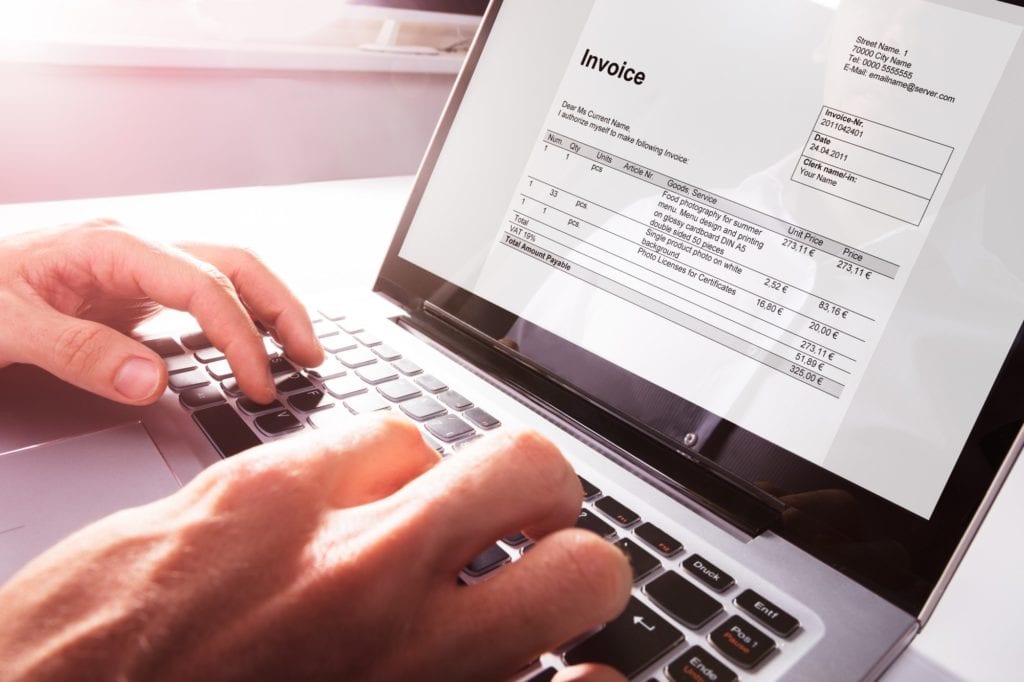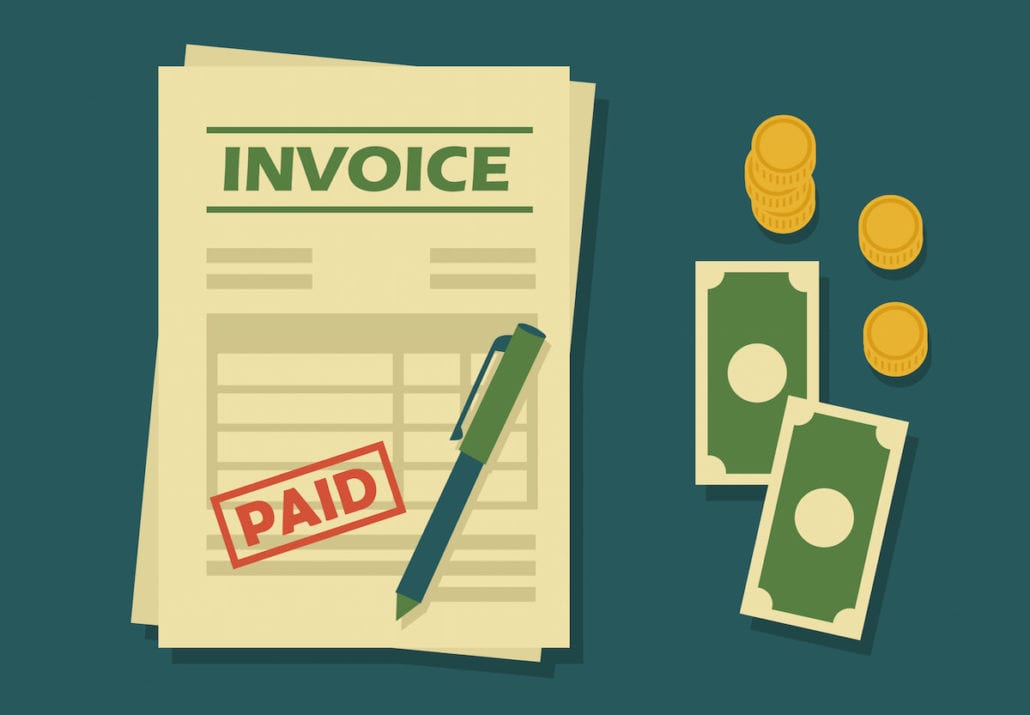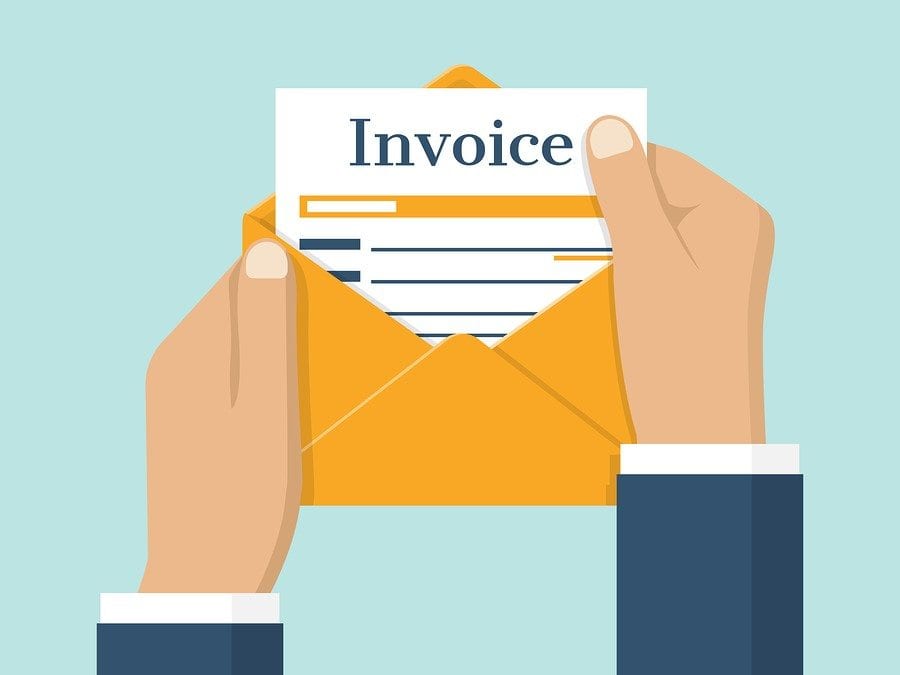How Much Do Invoice Factoring Services Charge?
Factoring services can be very helpful for all kinds of businesses. Here's what you need to know about how much a factoring service will charge and what you should expect.
Recent figures estimate that even in a healthy economy, up to 40% of companies could still face cash flow issues. Even if your company has lots of customers and is seeing lots of traffic both in-house and online, you're not immune to debt or invoices that stack up. When it seems like you're buried in a mountain of debt, consider calculating how much of a factoring service charge you can handle.
You might be able to save yourself from losing your company with the help of a factoring service.
Your Factoring Volume Makes a Difference
Factoring companies charge based on volume more than anything else. The higher the volume of your invoices, the higher the discount you can get. If you're looking at the “per-dollar” rate, you're going to be happier with the figure if you're giving more invoices to a factoring company.
This is one of the most important variables that's going to be used in figuring out how much factoring will cost you and your company. While other issues like whether or not the transactions are high-risk or not will come into play, you can always bring down the price with a larger volume.
Size Matters Too
It takes a lot of work to go through invoices and to factor each one line by line. It's labor-intensive so the size of each invoice is going to impact the cost. Processing a single $5,000 invoice is going to be easier than doing ten $500 invoices.
While it's not quite ten times the work, it's still going to take staff at factoring companies a lot longer to go through this many invoices.
This isn't going to be true for companies with larger invoices. If your invoices are large enough, each one generates a reasonable amount of revenue. When your invoices are over the $10,000 mark, they won't be considered small invoices for factoring.
The amount of work it takes to go through each one at this level will be about the same.
 Every Industry is Different
Every Industry is Different
This is one of the places where risk comes into play. Your industry is going to impact how much it costs to factor your work. Transportation, consulting, and staffing is low-risk industries and companies seeking factoring there won't be charged quite as much.
Labor-intensive industries or riskier industries are different. Companies and offices in the healthcare or construction industry pay more than the aforementioned industries. That's because factoring services face higher risks and do more work for them.
Is Your Business Stable?
When a company or an industry faces instability, it causes factoring to cost more. The decision that factoring service providers make on your rate involves your trading history and how well your business is performing. If you've been around for a while, you're going to be seen as a safe company.
Companies that are less stable or start-ups that are just a few years old carry higher risk. These companies pay higher rates than safer or older companies.
Consider Other Fees
On top of the factoring fee, some companies charge other fees. Application fees during set up, the cost of reviewing applications, and vetting customers all require extra work. Even setting up your account costs money.
If there are bank transfers, collateral, or other costs that factoring companies incur, expect to be charged for them. Factoring requires equipment and support costs outside of the work itself.
Make sure to look through all of the fine print in your factoring agreement. Hidden fees are usually buried in there so that they can legally charge you extra.
However, most companies give you a straightforward schedule of fees. It can build a bad reputation when you try to sneak fees in on customers.
 Learn About Reserves
Learn About Reserves
After invoices are factored, the factoring company doesn't give 100% of the cash to their client. They keep around 30% to cover fees and to protect everyone from the problems that come with debt.
Some clients misunderstand this reserve as a fee for the advance. In fact, it's a way for factoring companies to deal with clients who've gotten themselves into financial trouble. The money that's in the reserve belongs to the client.
After the invoice is fully paid, the reminder gets sent back to the client, minus the fee that the factoring company charged. Clients get the entire balance of the paid invoices minus the fee, even when a reserve is held on to for a period of time.
Fees Will Vary
Agreements between different clients and different companies are going to contain a variety of clauses. These clauses adjust the fees if the factoring volume changes. If a company starts with a lower amount and then factors twice as much in invoices a month later, the fee may drop.
It's important to look through the terms of your agreement carefully.
While fees can vary, factoring companies are very good at estimating how much their services cost. Expect reliable quotes from companies and you'll be able to learn more about what's involved in the process. This ensures that you make a smart decision for you and your company to maintain your cash flow.
Is A Factoring Service Charge Worth It?
If you're in the situation where you're considering paying a factoring service charge, you should probably take that option. Letting your invoices go unpaid and keeping your business behind on supplies or services will only trickle down to your own customers.
Author: Hudson Piccini
Hudson Cynar, a Harvard University alumna and the owner of three prosperous enterprises, is a distinguished business consultant, author, and writer. Her expertise spans multiple business sectors, with a particular emphasis on storage containers, commercial copiers, payroll services, and medical billing software. Dedicatedly investing thousands of hours into product and service research, Hudson crafts insightful reviews to guide entrepreneurs in making informed decisions for their businesses.



 Every Industry is Different
Every Industry is Different Learn About Reserves
Learn About Reserves